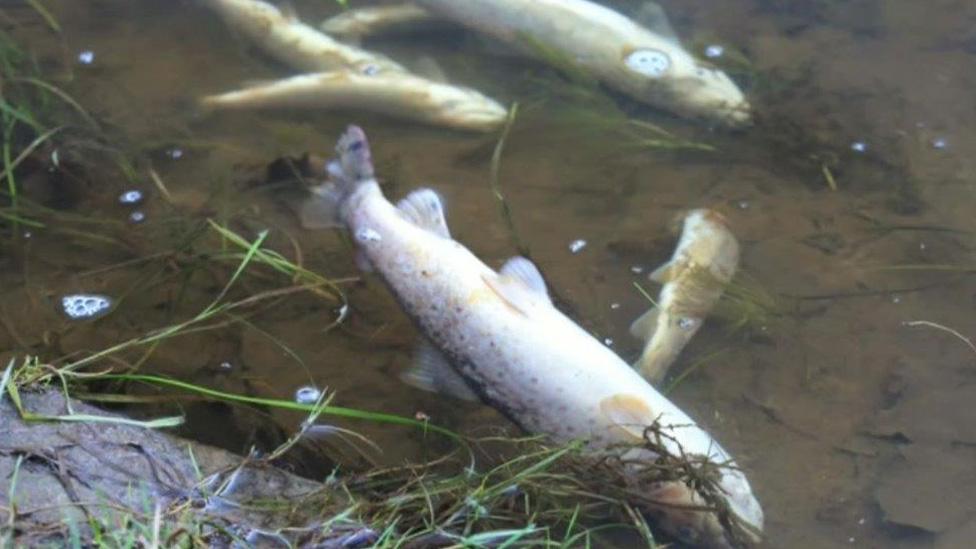Welsh farmers' anger over slurry pollution rule changes
- Published
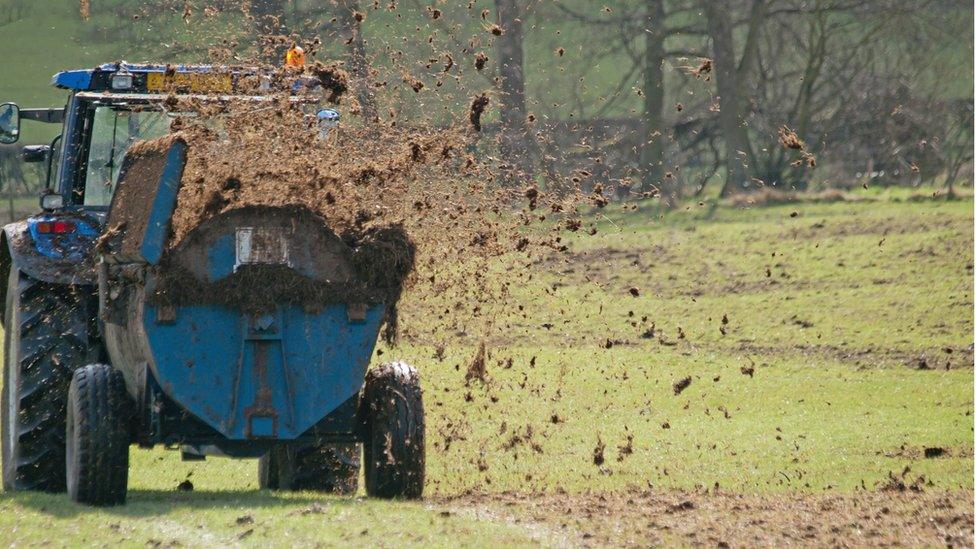
The new rules could restrict muck-spreading from mid-October to the beginning of February
There is a "staggering lack of detail" over rules due to be introduced in January on preventing agricultural pollution, farmers have warned.
One told the Environment Minister Lesley Griffiths the move would spell "disaster", predicting incidents of slurry leaking into rivers would rise.
Some have claimed they will have to spend hundreds of thousands of pounds to upgrade their slurry stores.
Ms Griffiths said she had to listen to both sides of the debate.
She has previously described the number of agricultural pollution incidents hitting the headlines in Wales as an "embarrassment" for the country.
Pollution from farm based activities often impacts on the local environment, including normally rivers or other water courses.
The new rules could include preventing farms in Wales from spreading slurry on their fields from mid-October to the start of February, in order to lessen the chances of it being washed into rivers and streams in the rain.
Despite the Welsh Government saying it wanted to phase the measures in from 1 January 2020, farmers say they have had no indication yet about how this will work.
It is also not clear how much funding will be available to help farms adapt.

What is slurry?
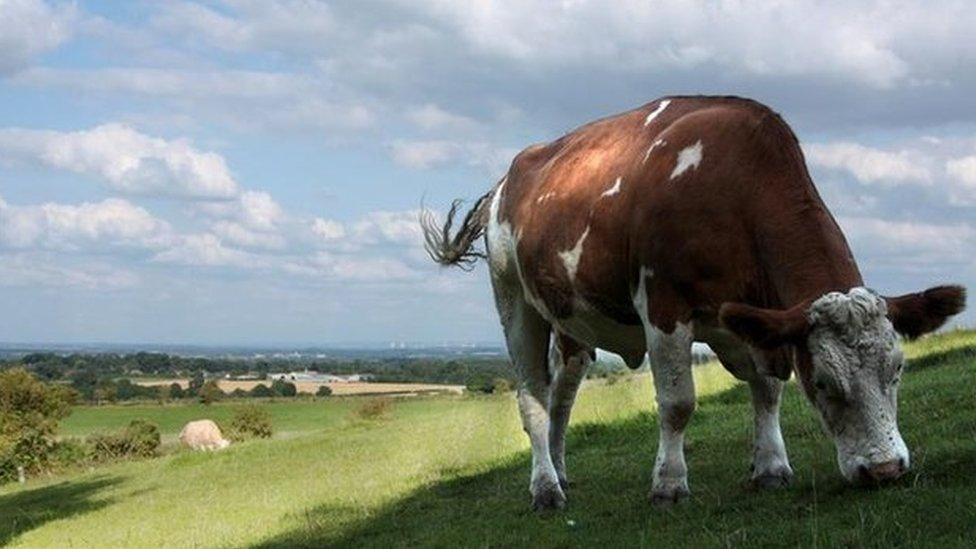
A mixture of manure and water, it is used by farmers as a natural fertiliser for their crops.
Waste material from animals is collected underneath barns during the winter when cattle are kept indoors, to be spread during the warmer months.
When washed into rivers it removes oxygen from the water, killing fish.
Sources: BBC, Natural Resources Wales

At NFU Cymru's annual conference in Llandrindod Wells, Pembrokeshire dairy farmer Roger Lewis urged the minister to reconsider the limits on slurry spreading, insisting that farmers should be allowed to manage "according to the conditions rather than the calendar".
Speaking to BBC Wales he described the proposals as "very dangerous", as it would mean farmers scrambling to spread their slurry en masse in the weeks before and after the deadline.
Responding to his question, Ms Griffiths conceded "the dates do concern me, especially with the changes to the climate and the wetter autumns we are having".
She said she had asked her officials to look "very carefully" at the issue.
What do unions think about farm pollution?
The union's president John Davies said it had presented Ms Griffiths with over 100 pages of evidence supporting its claim the move was "unjustified and disproportionate", including figures from Natural Resources Wales showing no increase in levels of agricultural pollution in Wales between 2001 and 2018.
However in August, Natural Resources Wales said last year saw the highest number of incidents in Welsh rivers in recent years.
Ms Griffiths said that as well as being the minister in charge of agriculture she was also responsible for the environment, and had to have a "balanced approach".
Environment and fishing groups are heavily in favour of the new proposals - with the body representing rivers trusts in Wales, Afonydd Cymru, submitting an official complaint to the European Commission claiming government inaction to tackle the impact of agricultural pollution on fish and other wildlife.
- Published14 November 2018
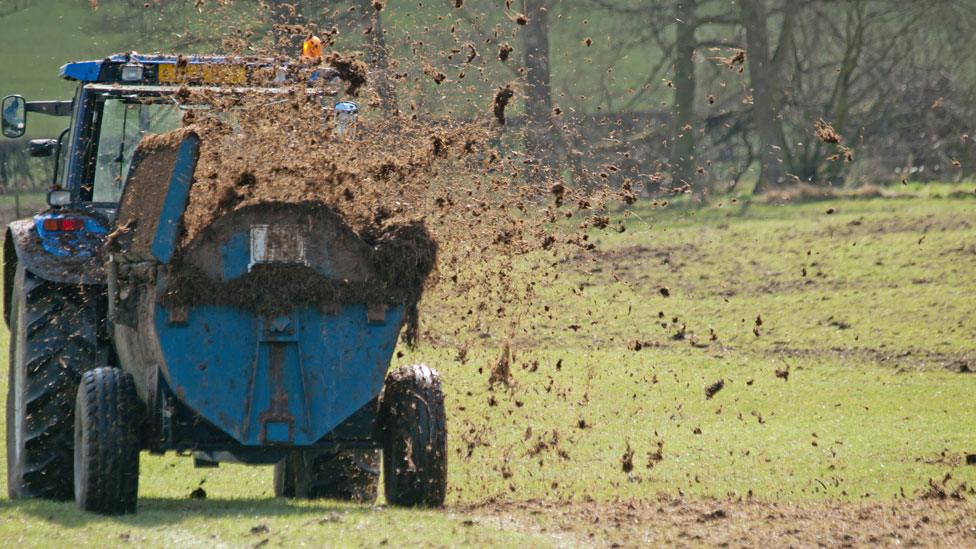
- Published7 August 2019
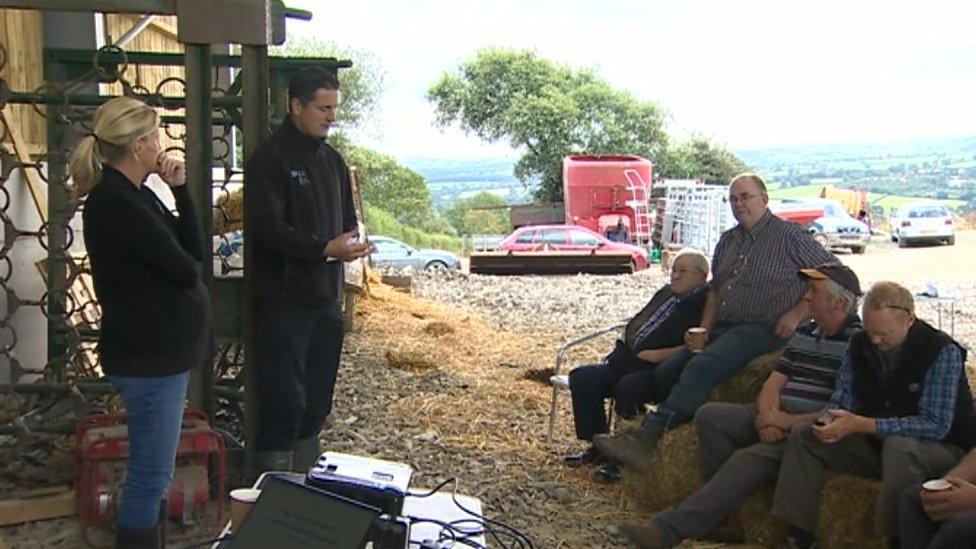
- Published15 March 2018
